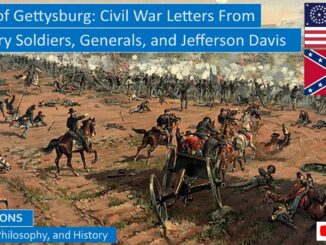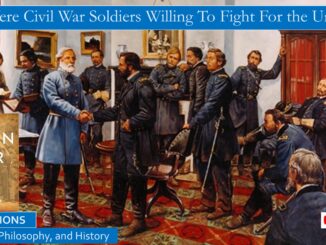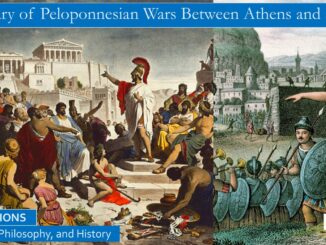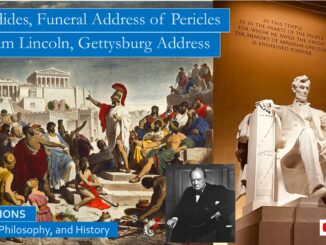
Gettysburg: Ordinary Soldiers and Generals Pickett and Longstreet Remember the Bloody Sacrifices
Confederate General George Pickett wrote a doleful letter to his fiancée on July 4th, 1863, the day after his disastrous Pickett’s Charge. Pickett remembered: “A little before three o’clock I rode up to Old Peter,” the nickname for General James Longstreet, “for orders. I found him like a great lion at bay. I have never seen him so grave and troubled. For several minutes after I had saluted him, he looked at me without speaking. Then, in an agonized voice, the reserve all gone, he said:
‘Pickett, I am being crucified at the thought of the sacrifice of life which this attack will make. I have instructed Alexander to watch the effect of our fire upon the enemy, and when it begins to tell he must take the responsibility and give you your orders, for I cannot.’” […]




